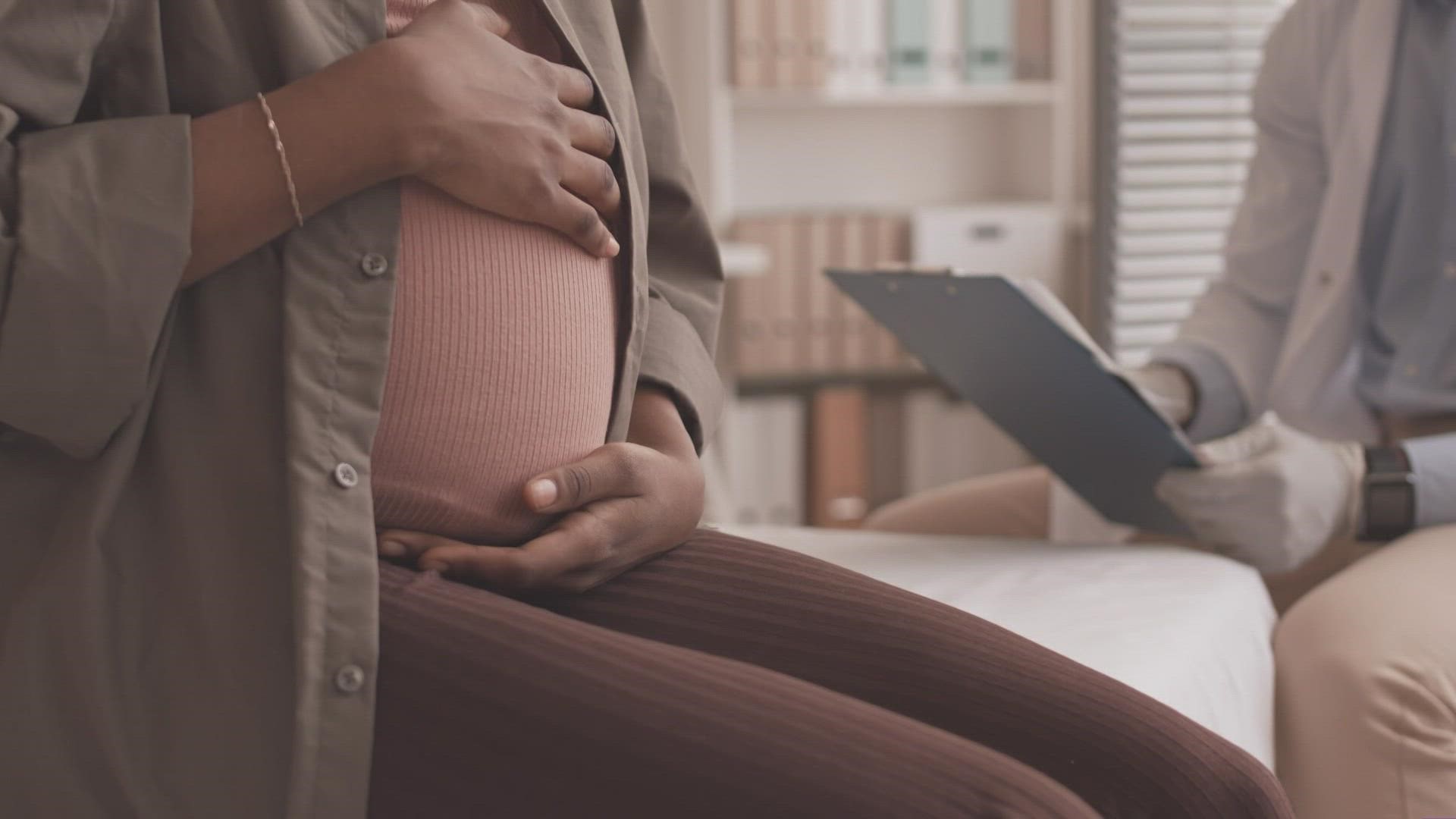NEW ORLEANS — Black women already face the worst maternal mortality rate in the country, according to the CDC.
After the Supreme Court overturned Roe v. Wade Friday, experts worry there could be even more deaths.
"I think it's very important to understand that access and choice go hand-in-hand for Black women, women of color and poor women particularly," Dr. Andrea Boyles, associate professor of Sociology at Tulane, said.
Black mothers die during pregnancy at a rate nearly three times any other race, according to CDC data. They also account for almost two-thirds of Louisiana abortions, despite making up just one-third of Louisiana's female population, according to the LDH.
"What should we expect and anticipate for the people with the least amount of resources? The people who are likely to be forgotten about?" Boyles said.
She believes abortion is more than just a healthcare issue for women. It's at the center of several problems, including housing and poverty.
State Senator Sharon Hewitt authored some of Louisiana's abortion laws. She says there are plans in the works to change that and help new mothers that will now have to carry their pregnancies to term.
"Our work is really just beginning," Hewitt said. "We have to step up our game, I think as a state, in providing additional information and resources for those moms that feel so desperate at this point."
She says creating new programs for healthcare, job training and child care for Louisiana's at-risk mothers will be a key part of the Pro-Life movement going forward.
"We're here to take care of Louisiana moms and Louisiana babies," she said.
Petrice Sams-Abiodun, Vice President of Strategic Partnerships at Planned Parenthood Gulf Coast, has been working to provide those services to communities that traditionally can't access them.
"Many of our patients are people of color, you know, because those are people who have been historically and systemically marginalized and not have the health care that they need," she said. "Our services are needed, we feel, now more than ever."
Despite what you may have heard, Louisiana's Planned Parenthoods are not abortion clinics and are still open. And with abortion outlawed in Louisiana, she expects the healthcare problems for women of color to only get worse.
"If we are a pro-life state, then I want to see laws and resources available to help people navigate this new reality of bringing children into the world," she said.
► Get breaking news from your neighborhood delivered directly to you by downloading the new FREE WWL-TV News app now in the IOS App Store or Google Play.

